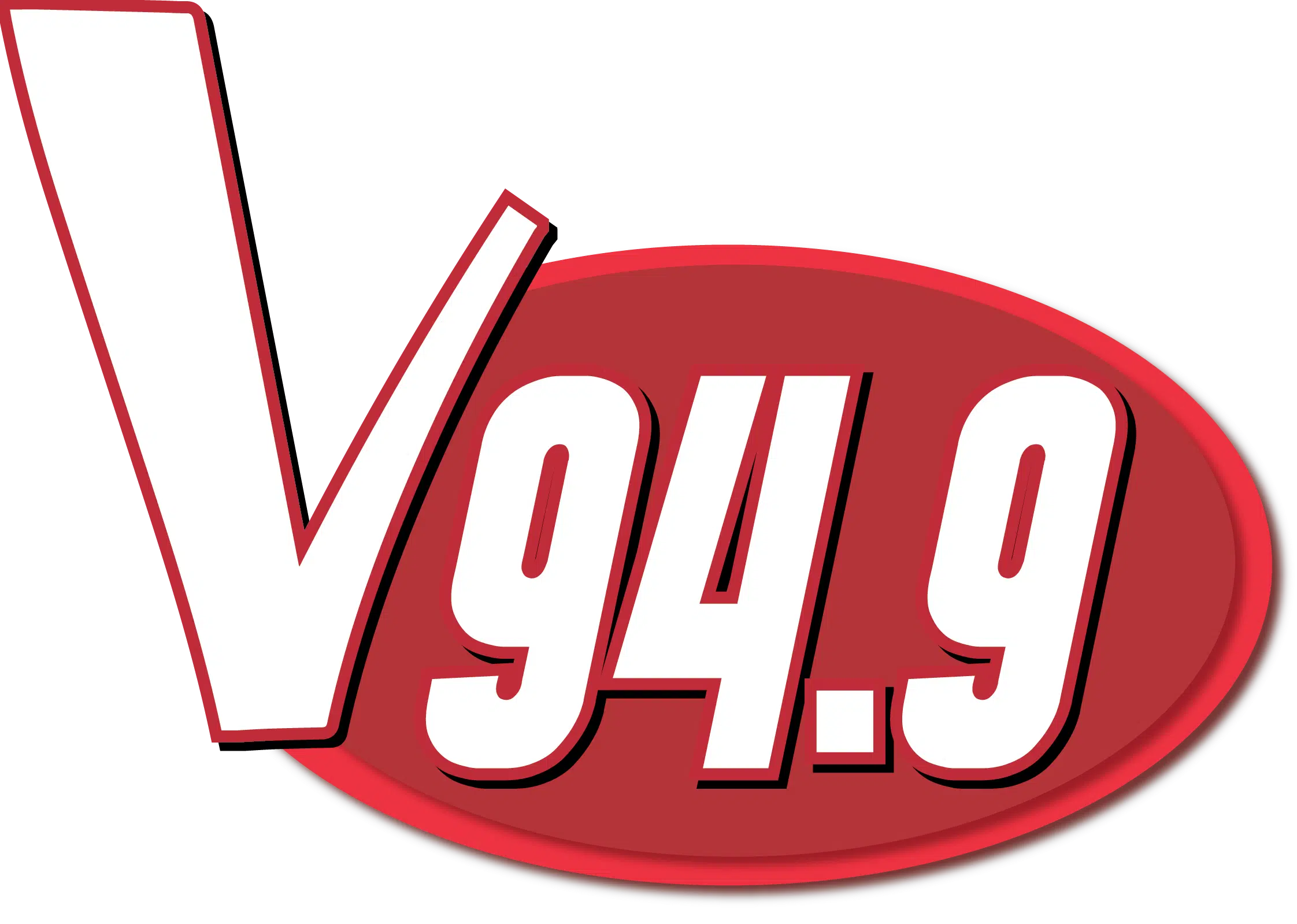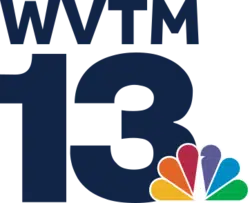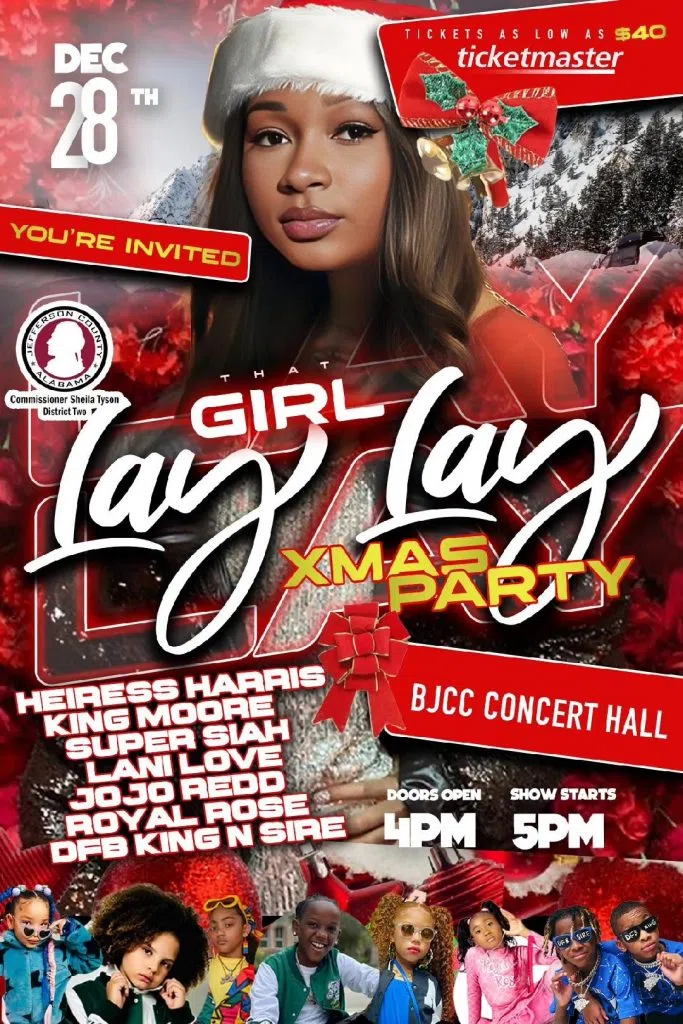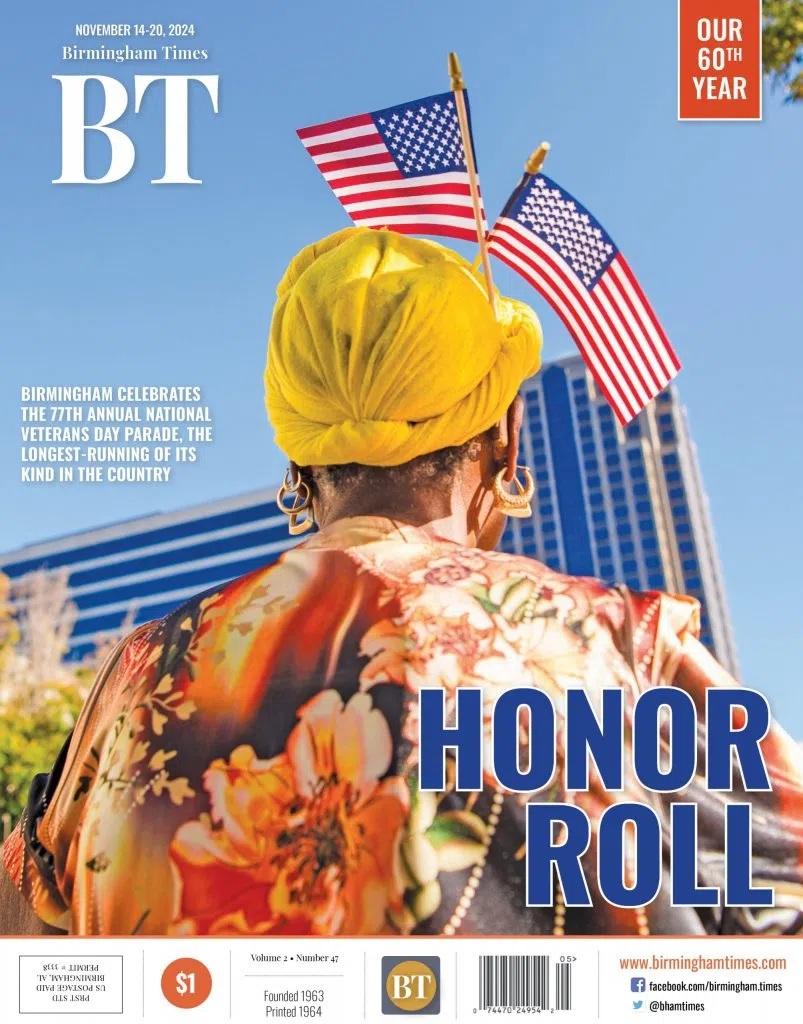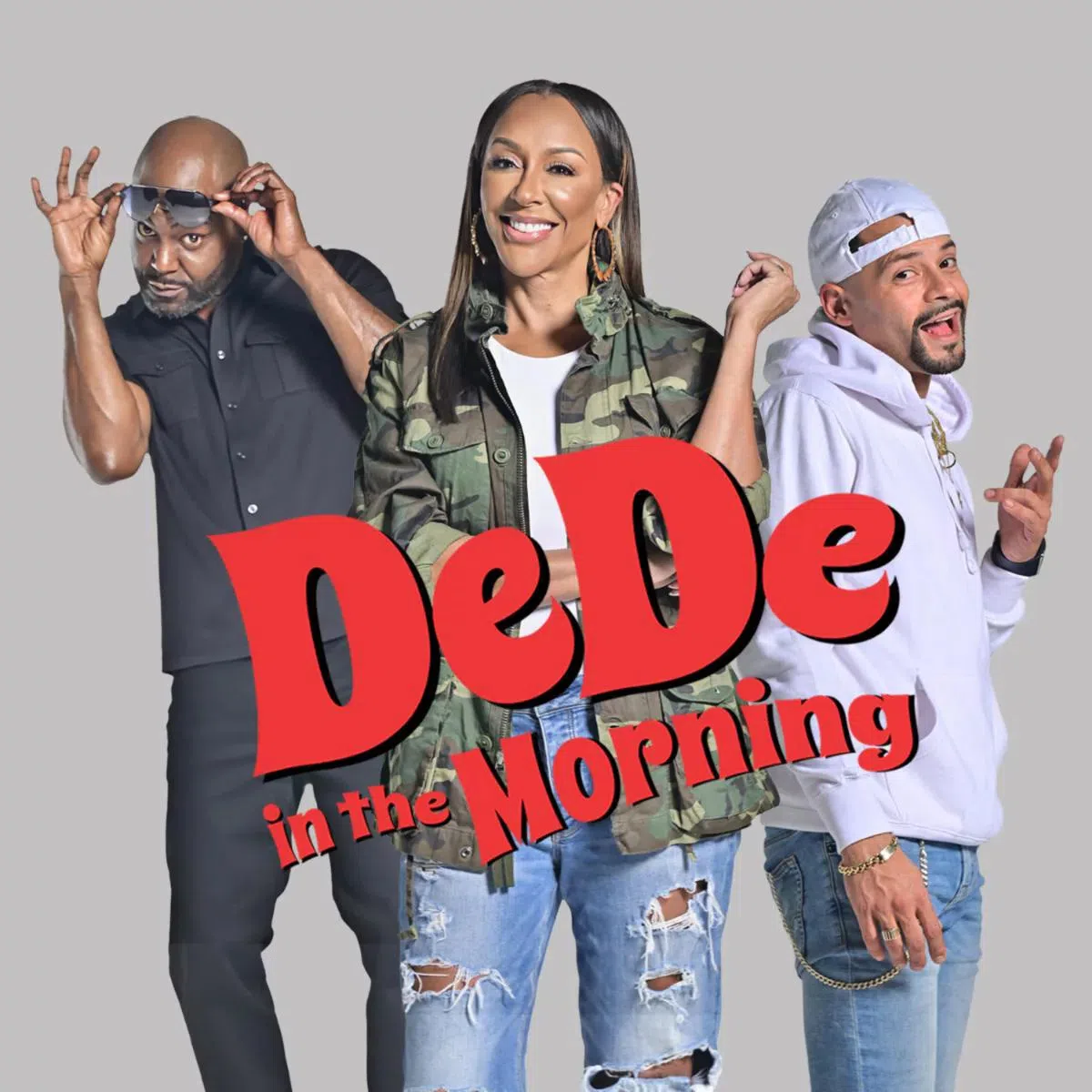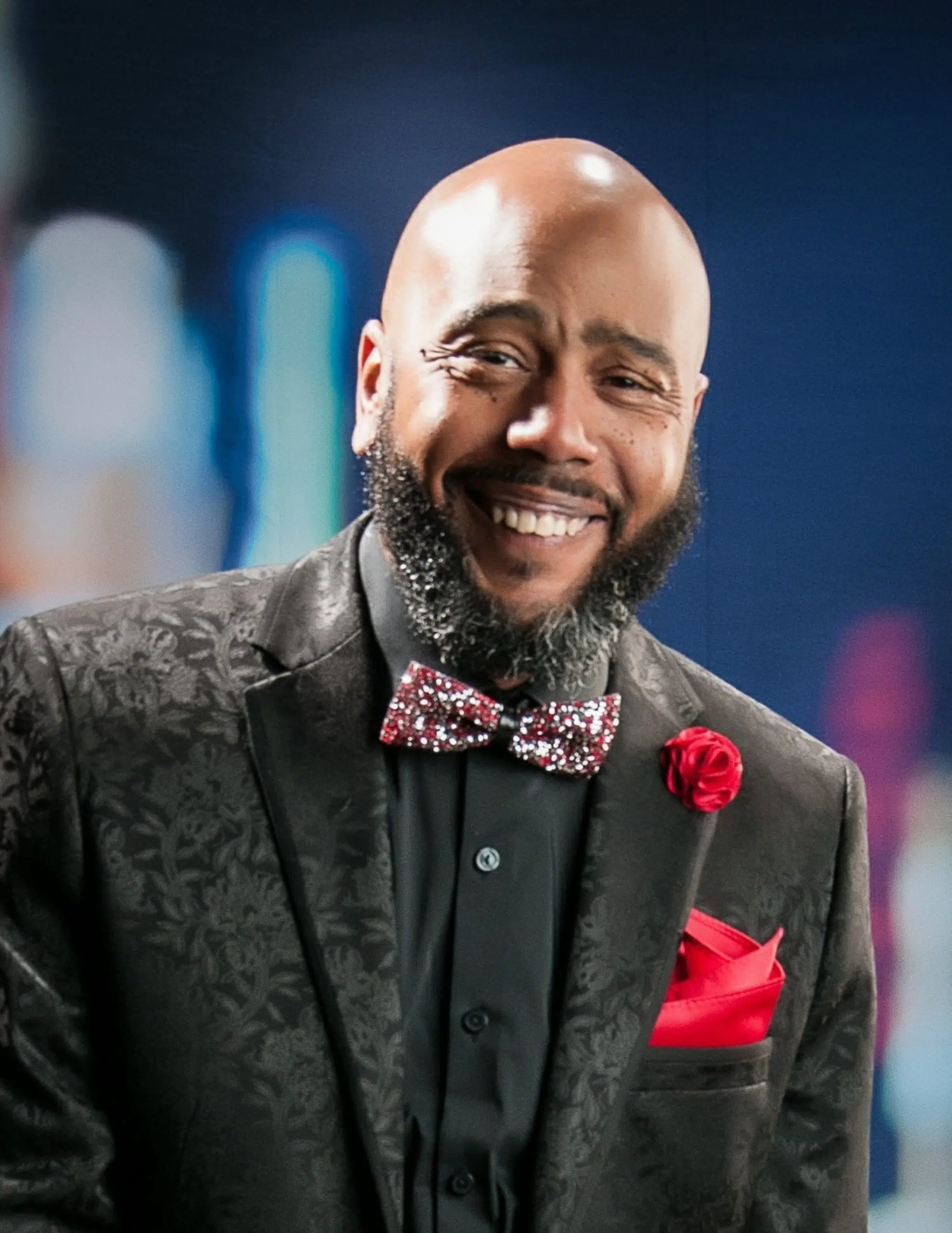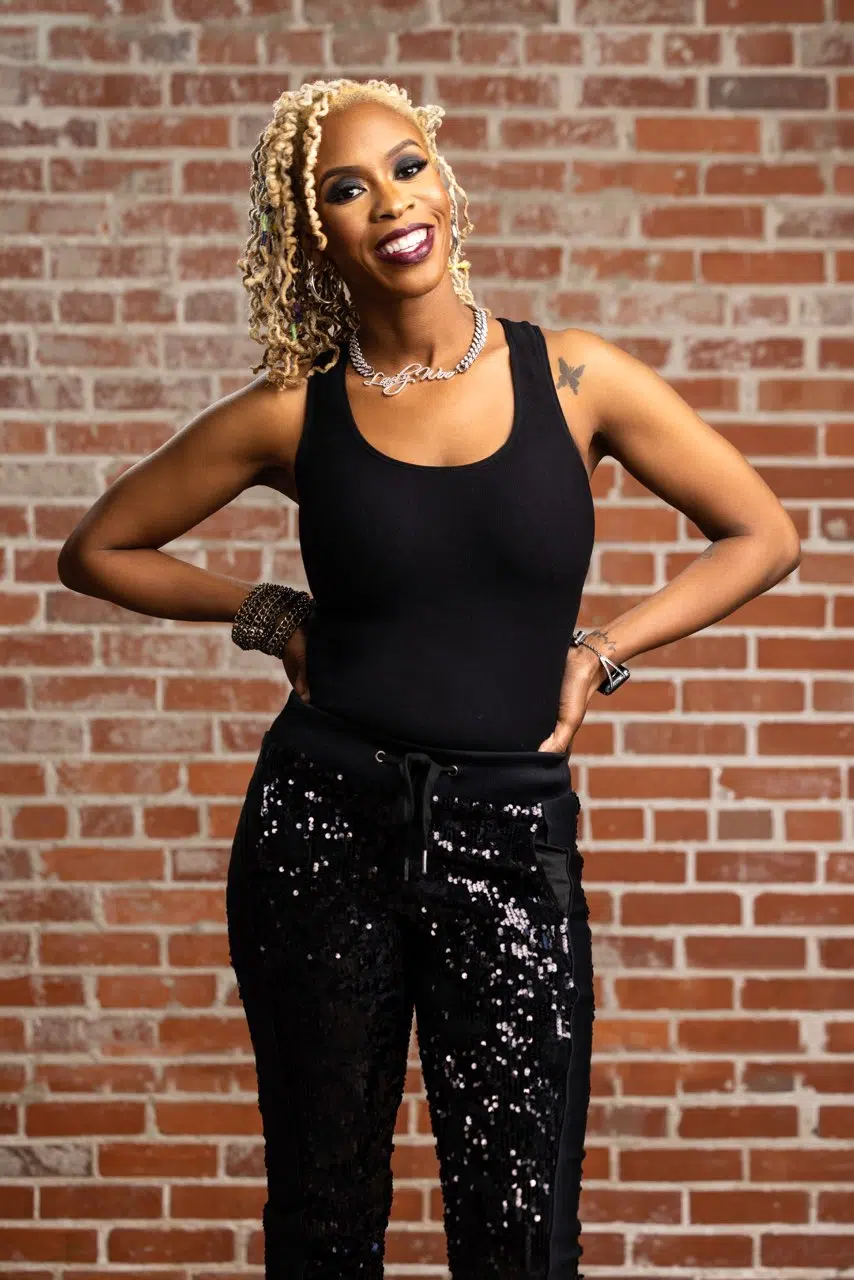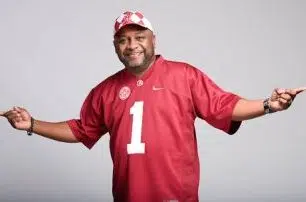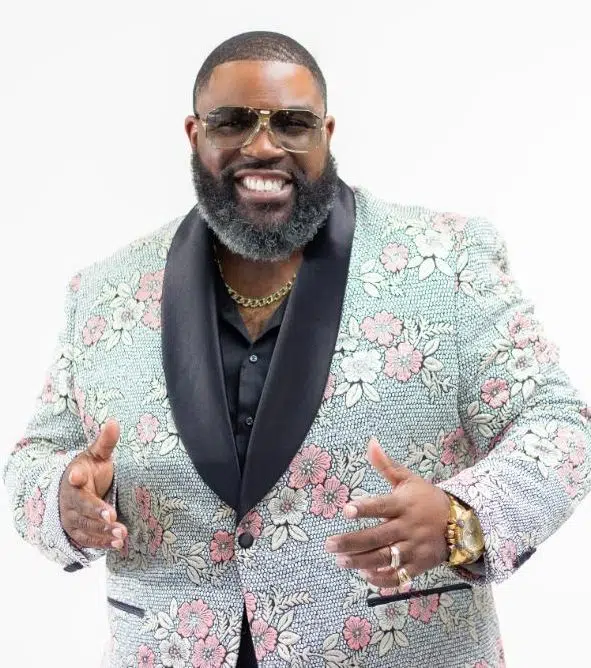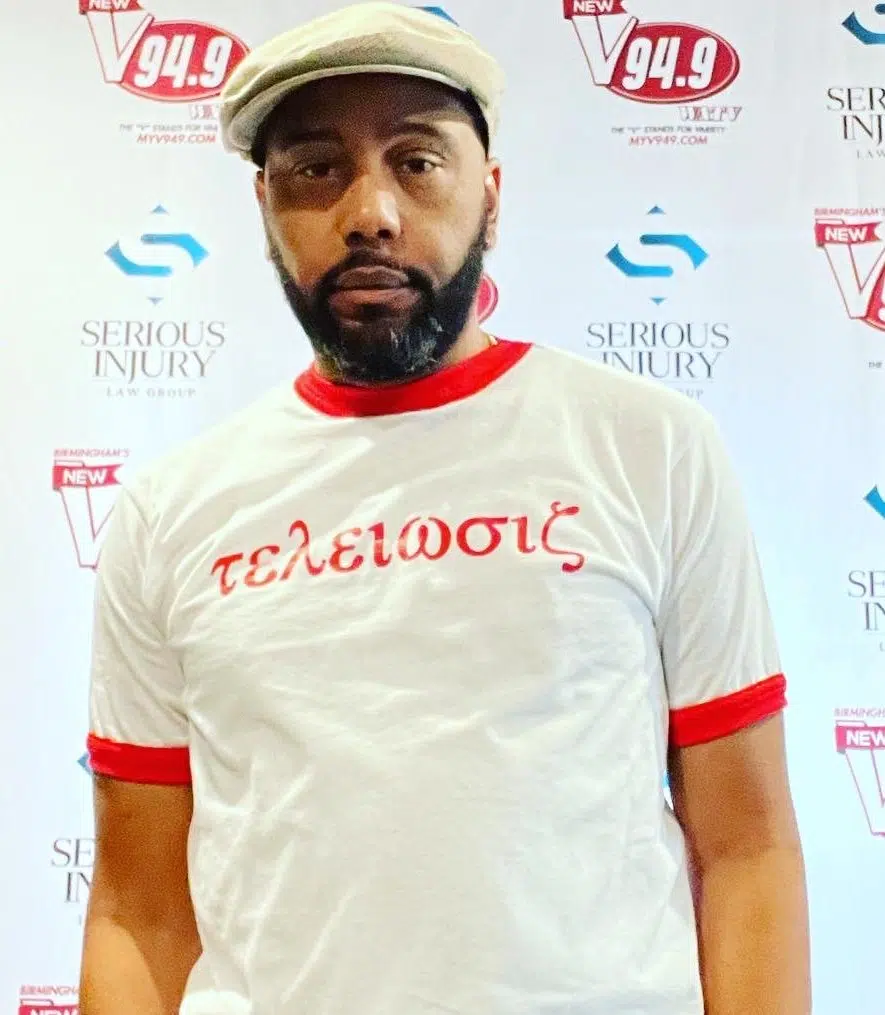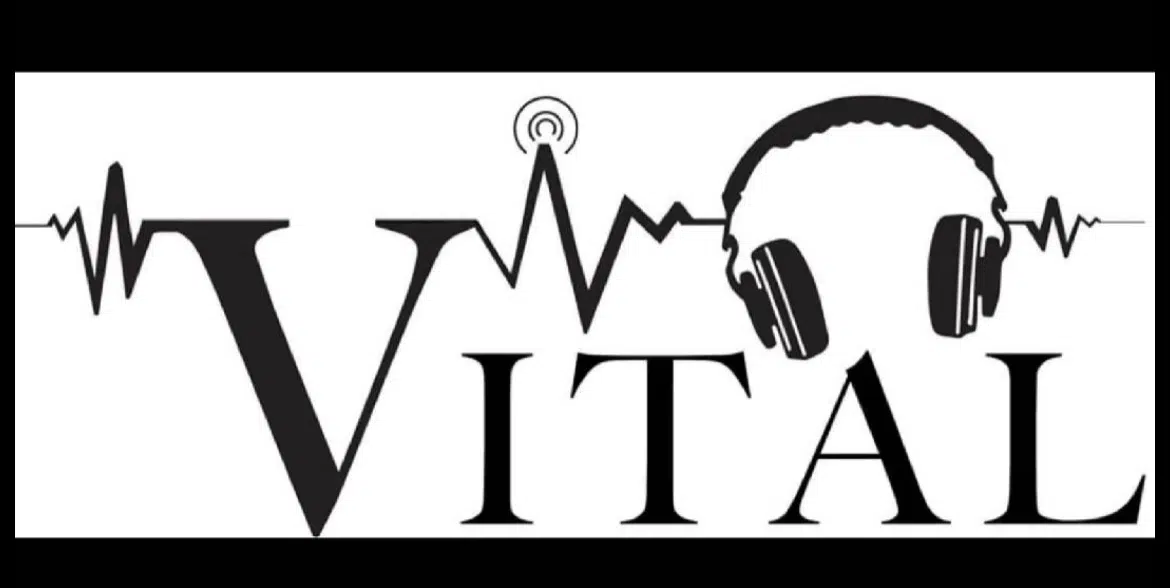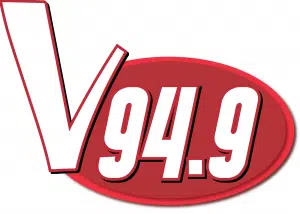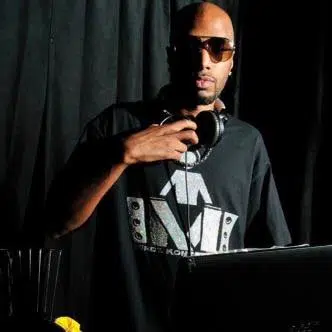Until play resumes, The Crossover will be examining one big-picture question for every NBA team. Today we take a look at the Dallas Mavericks, who were 40–27 when the season was suspended.
The Mavericks could not have asked for a much better season during Year 2 of the Luka Doncic era. The 21-year-old rose rapidly to become one of the game’s most lethal offensive weapons, earning an All-Star bid while thrusting himself into the MVP conversation during the first half of the season. In Doncic, the Mavs have a surefire star, and the kind of talent a championship team could be built around in the future. With Kristaps Porzingis also signed long term, Dallas was in prime position to go build a title contender, with a young duo in place to attract other veterans. Then the pandemic happened.
One of the biggest questions on the league level as the NBA hopes to return is how the season suspension will affect the salary cap and CBA moving forward. With the league expected to lose billions in revenue, the best case scenario is the salary cap will stay flat as opposed to continuously rising, which already creates problems, as most long-term contracts (such as Porzingis’s) increase in value year to year with the assumption the cap will as well. The worst-case scenario is the cap decreases significantly, or a new CBA needs to be figured out altogether. Why is this particularly important for Dallas? Because the Mavericks were in the unique position of having a superstar talent on a wildly below-market contract. And their window to take advantage from a roster-building standpoint could be lost due to the uncertain financial future.
Doncic has two years left on his rookie contract after this season, and that deal tops out at $10.2 million in 2022. That’s a steal, but it may not matter if the cap is lowered, or a new CBA somehow encourages owners to restrict spending. In a pre-pandemic world, the Mavs could have added higher-priced players around the Doncic-Porzingis tandem before having to sign Luka to a max deal. Now, it’s possible teams could be hamstrung in free agency for the foreseeable future, meaning Luka could be making a max salary by the time the salary cap returns to normal, essentially nullifying the roster building perks that come with having a superstar on a rookie deal. (Mark Cuban’s billions don’t matter in this scenario if a $30 million reduction in the salary cap means his team doesn’t have room to sign anyone.)
Of course, this is all pure conjecture right now. Maybe the NBA is able to come up with a plan that allows for some kind of normalcy salary cap-wise moving forward. Maybe a new CBA is worked out that benefits both players and owners. But while every general manager is confronting a wildly uncertain spending future, the Mavericks could end up being one of the teams most adversely affected compared to where they were before.
